If you’re planning to stop by a Starbucks while traveling this holiday season, you might see the open sign replaced by a picket line. It also might not be the last time you have such an experience.
Many Starbucks workers are on strike beginning Friday — and for five full days leading up to Christmas — with the initial wave expected to hit Chicago, Los Angeles, and Starbucks’ own home city of Seattle. Not all stores in those cities will be closed but the strike is very likely to grow.
The union — Starbucks Workers United — is also expecting to see stores in other cities shut down, which could result in several major U.S. cities having numerous Starbucks not operating until after Christmas. The planned five-day strike could become the biggest work stoppage that Starbucks has experienced. On Friday, Starbucks released a statement, noting. “We are aware of disruption at a small handful of stores, but the overwhelming majority of our U.S. stores remain open and serving customers as normal.”
In the three years since the union began, only 535 of the nearly 10,000 company-owned locations in the United States have voted to unionize. However, the union continues grow despite approximately 100 stores thus far voting against being unionized.
Starbucks suggested that the union’s demands are unreasonable and pointed out that they already pay employees an average of $18 an hour, provide health care coverage, and offer paid family leave. Starbucks has also been a leader in providing free college tuition to employees, a program that began a decade ago in association with Arizona State University. Employees only need to have worked for Starbucks part-time for three months in order to qualify with no requirement to stay with Starbucks post-graduation. The university specializes in offering online programs. “No other retailer offers this kind of comprehensive pay and benefits package,” a spokesperson for the company said.
The union has not publicly released any details of its demands but Starbucks has stated that the union seeks pay increases, specifically an increase of 64% to the company’s minimum hourly wage. The company has strongly emphasized that this is “not sustainable.” Starbucks also claims that the union has refused to continue negotiations.
The union stated, “Nobody wants to strike. It’s a last resort.” What mostly disappoints Starbucks about the strike is that negotiations have actually been productive for the union. The company claims, “Since April, we’ve held more than nine bargaining sessions over 20 days. We’ve reached over 30 meaningful agreements on hundreds of topics Workers United delegates told us were important to them.”
The union responded by claiming that Starbucks has backtracked on promises that were made at the negotiating table, hence their present decision to strike. One of those who was at the negotiating table is Starbucks barista Fatemeh Alhadjaboodi, who explained, “In a year when Starbucks invested so many millions in top executive talent, it has failed to present the baristas who make its company run with a viable economic proposal.”
Alhadjaboodi is referring to Starbucks hiring a new CEO in August named Brian Niccol, who was lured from Chipotle. Niccol’s substantial pay is the subject of criticism from the union. He is set to receive an annual salary of $1.6 million with stock options totaling $75 million. He also received a signing bonus of $10 million. The union noted about the strike, “This is just the beginning.” Even though it’s a five-day strike, it could be the first of many if Starbucks executives continue to ignore the union’s demands and if both parties continue not to see eye-to-eye.

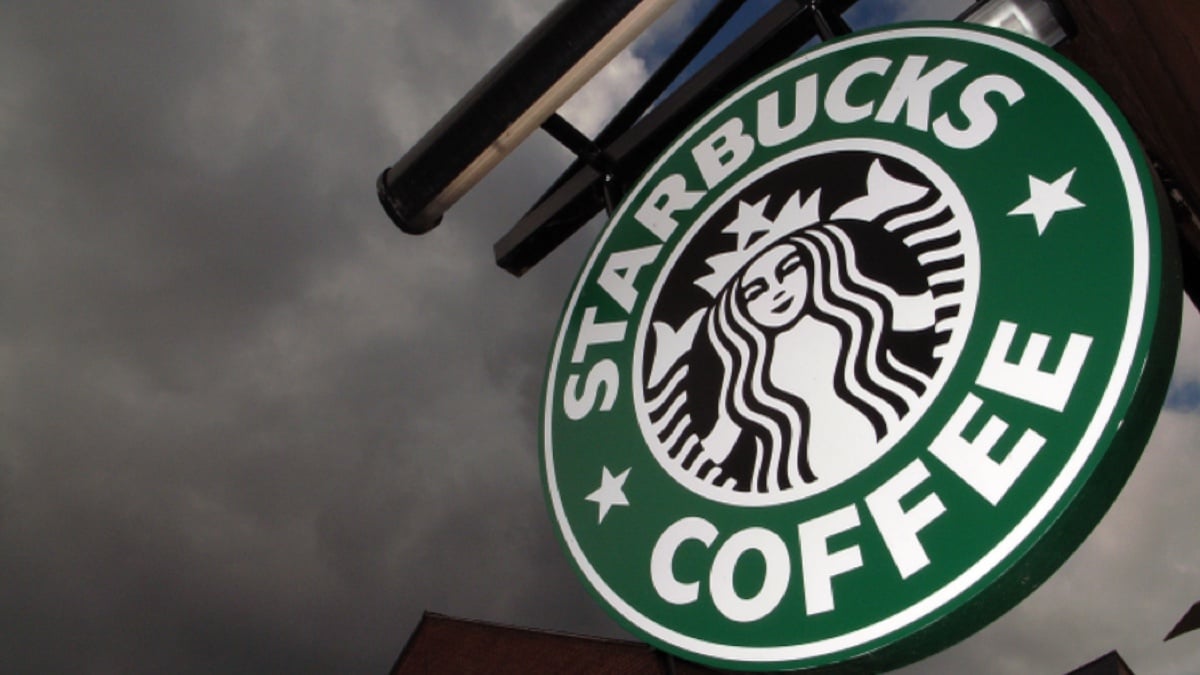

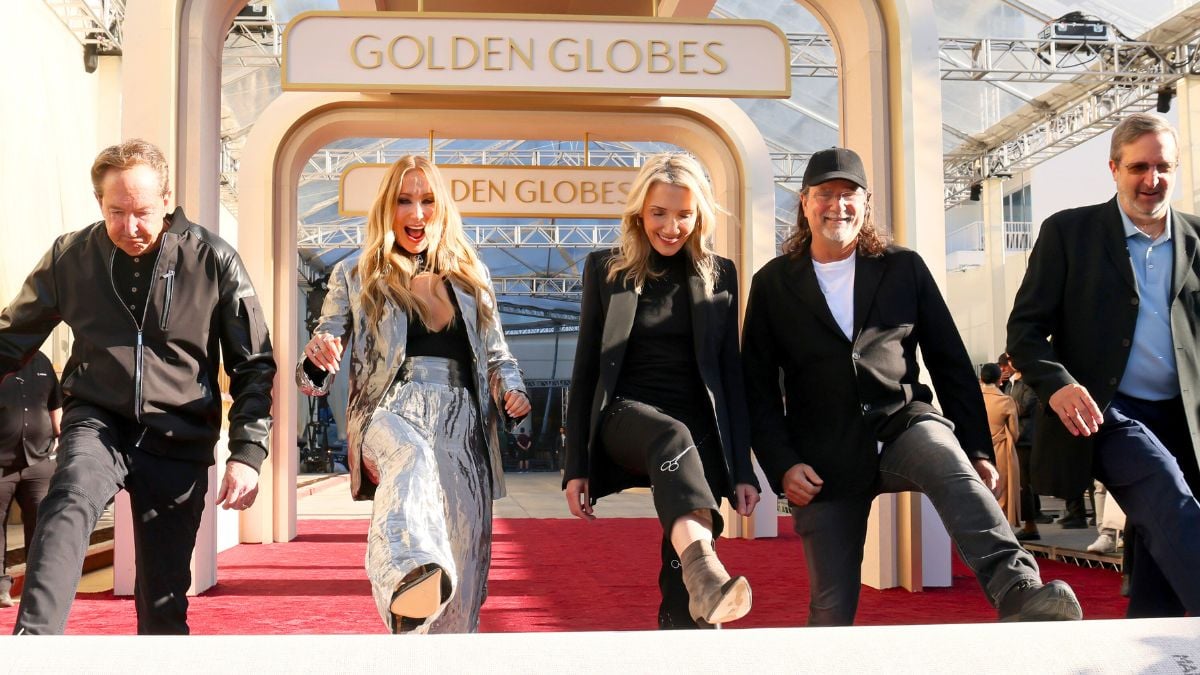
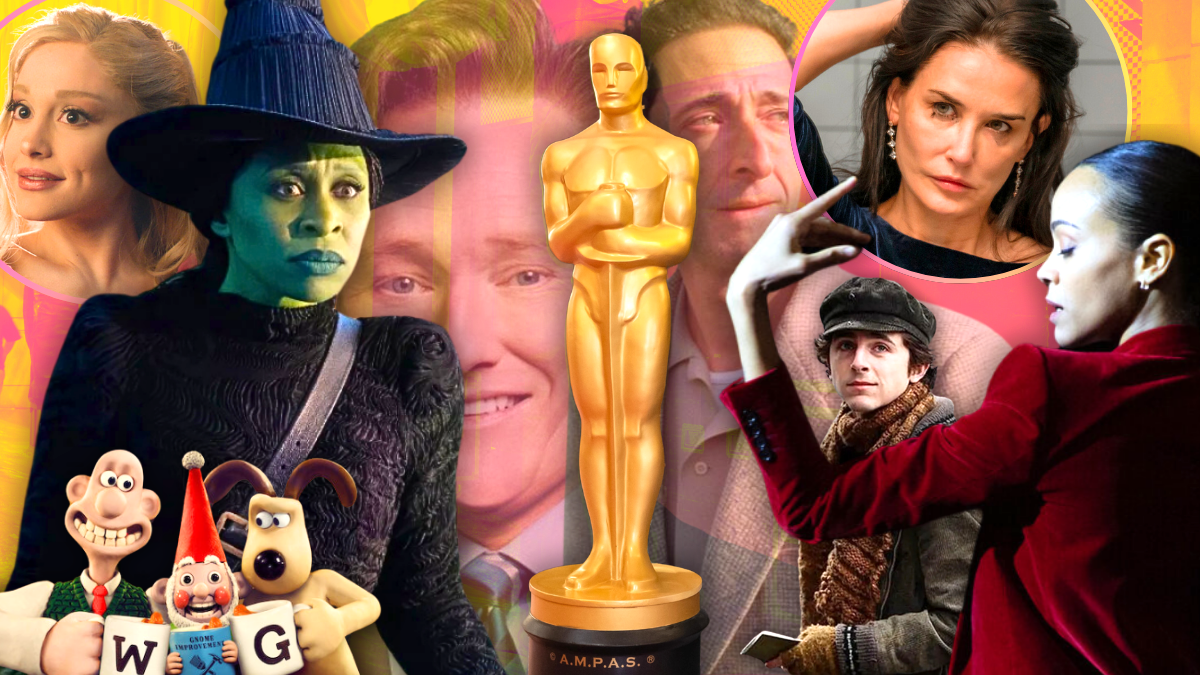
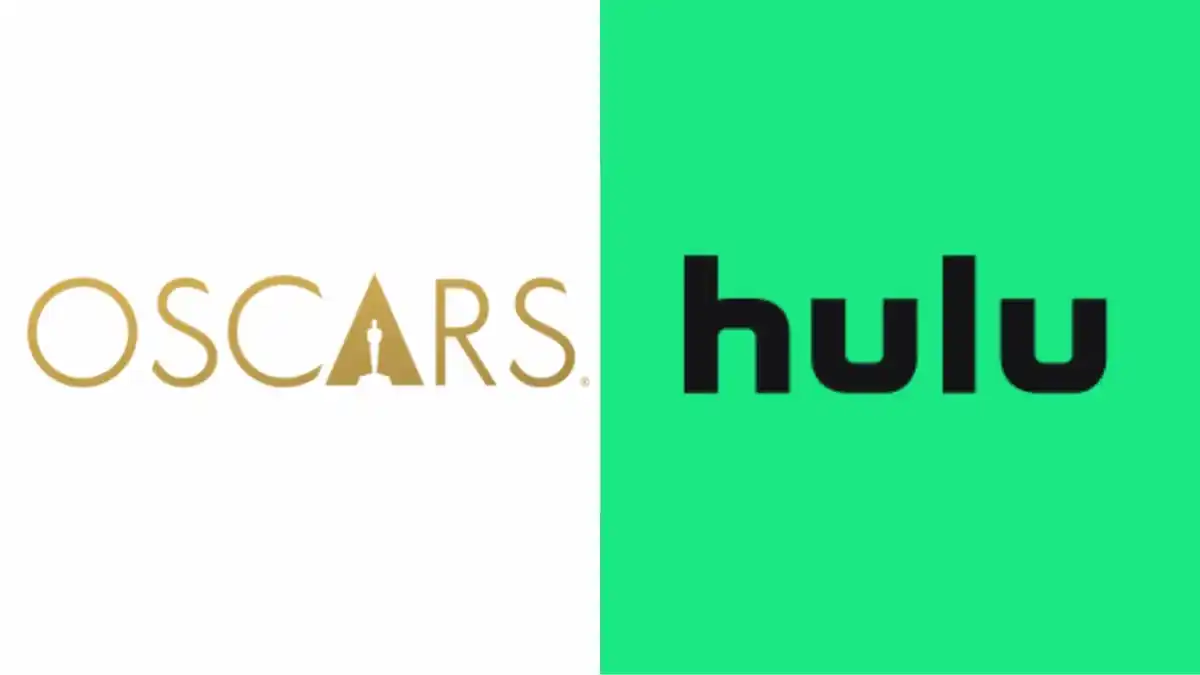
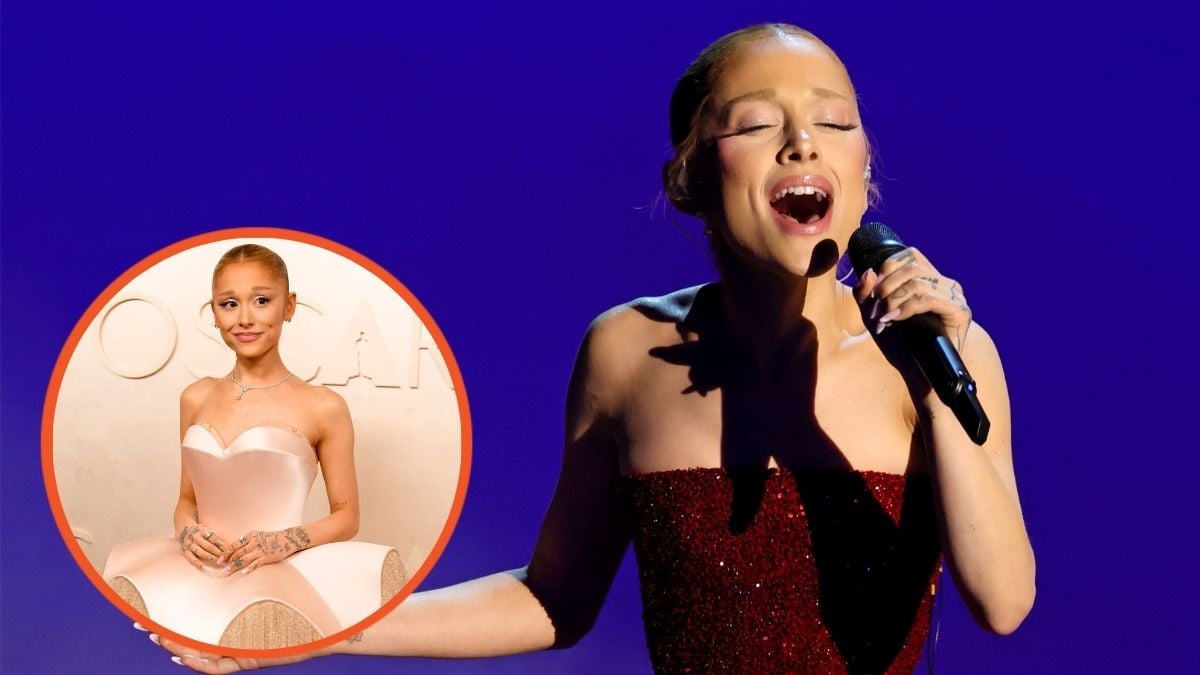
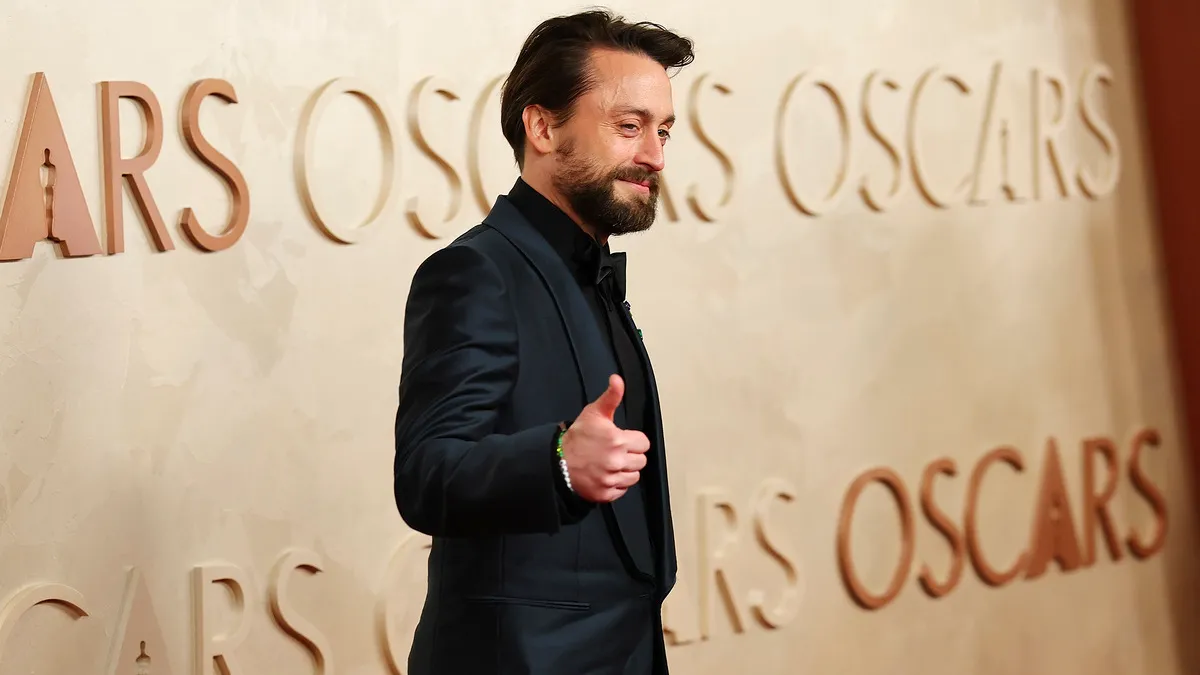
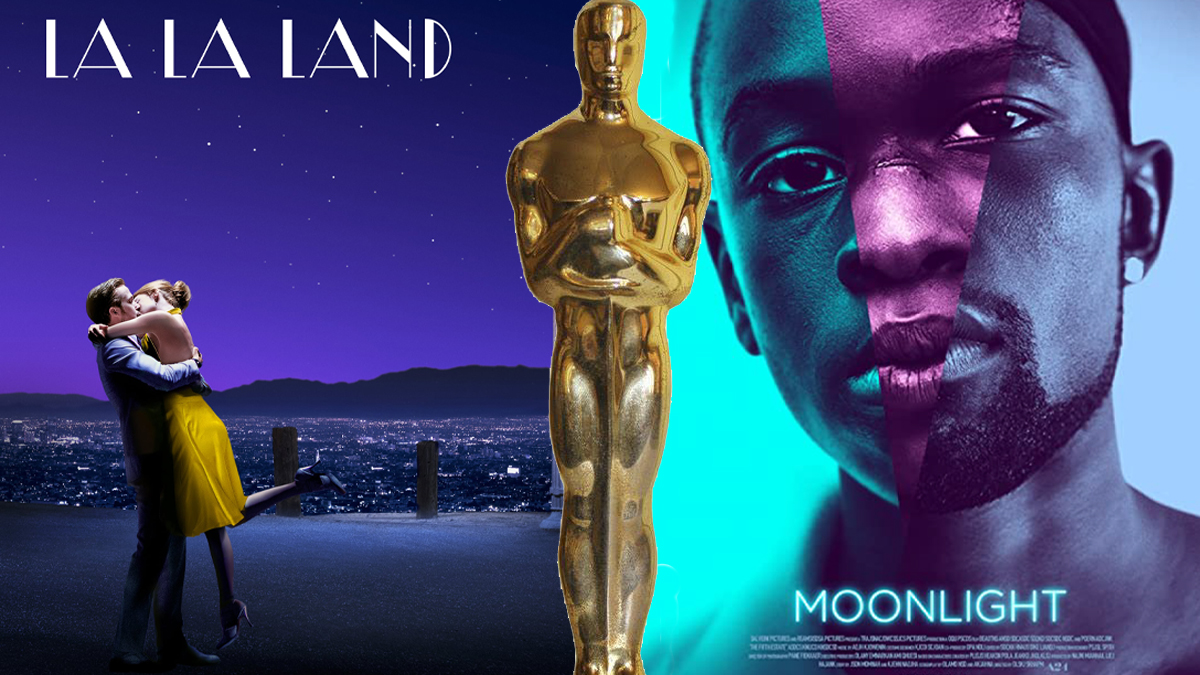


Published: Dec 20, 2024 06:56 pm